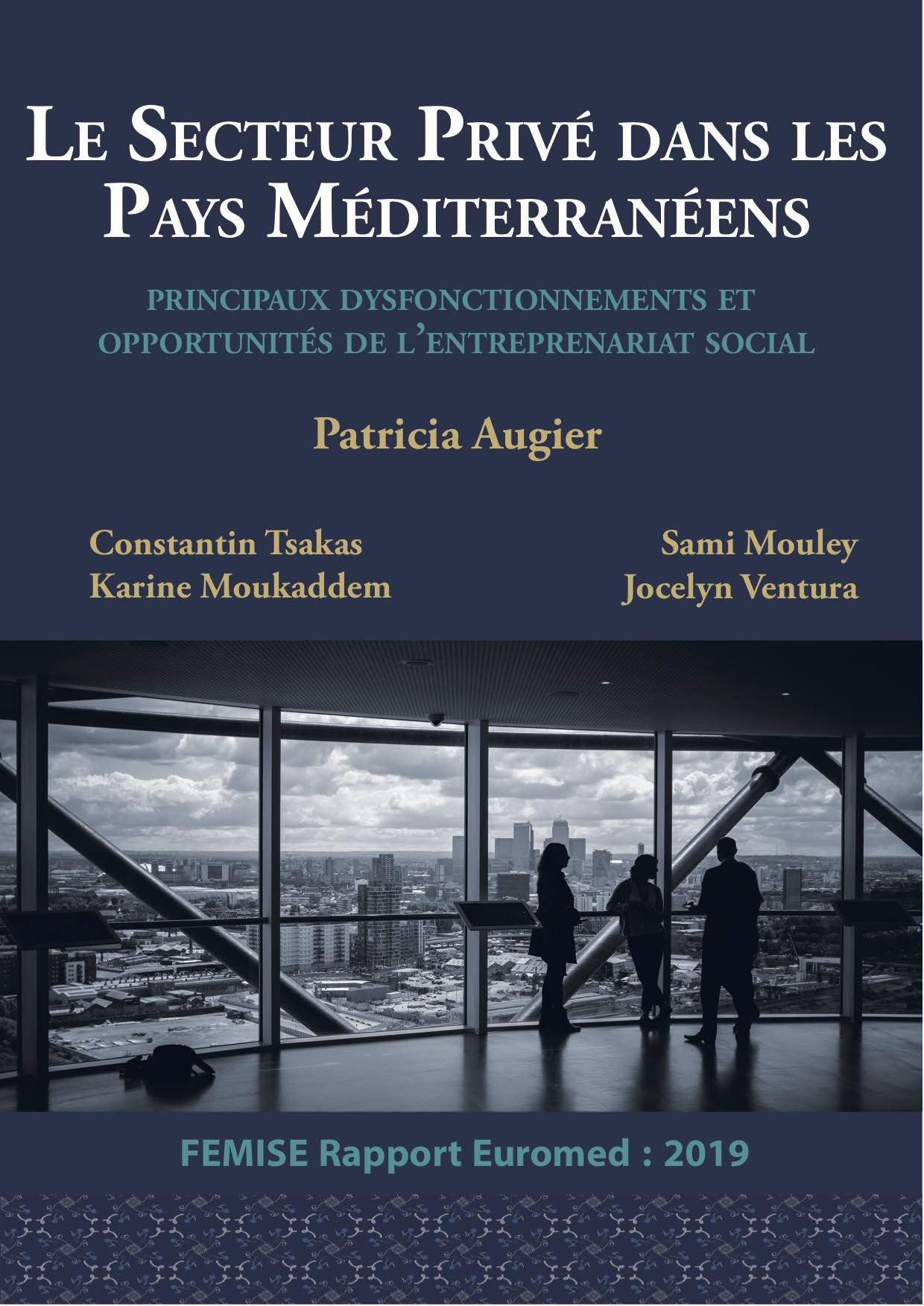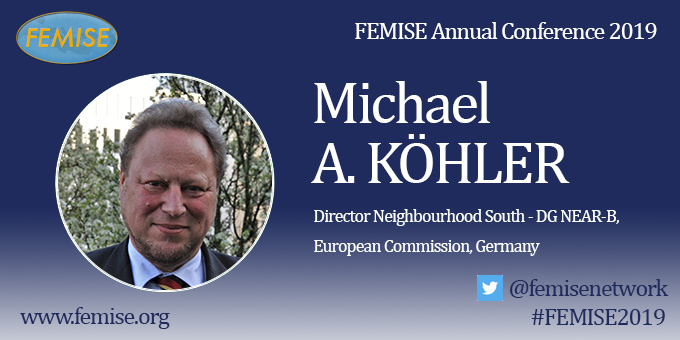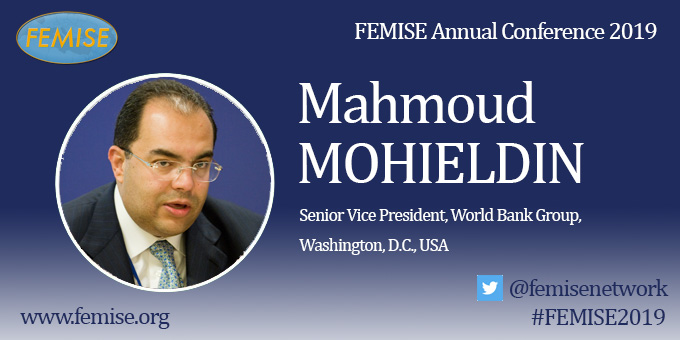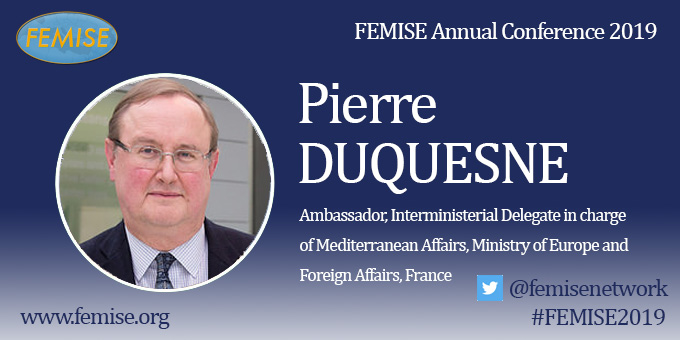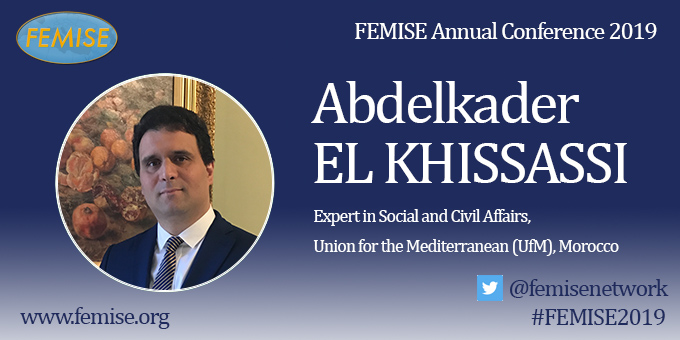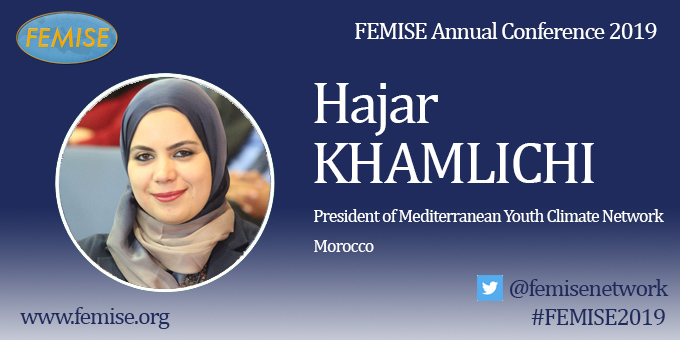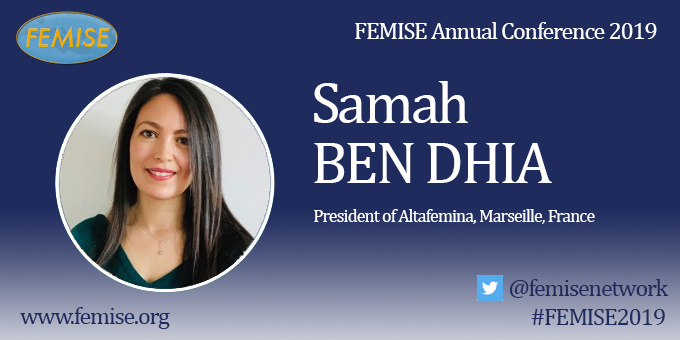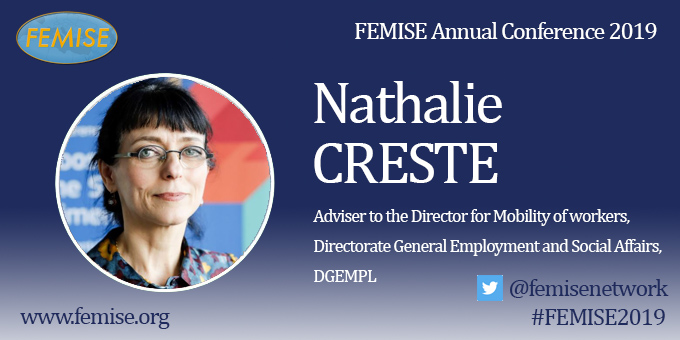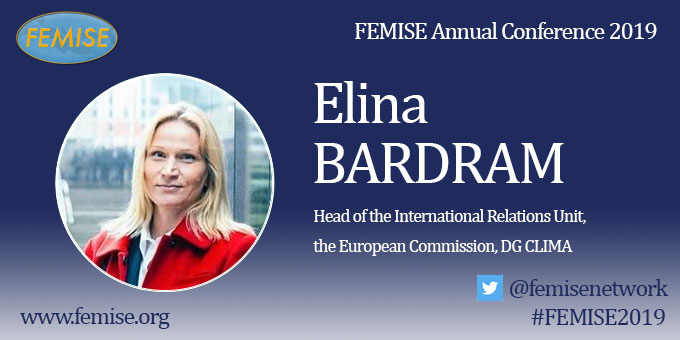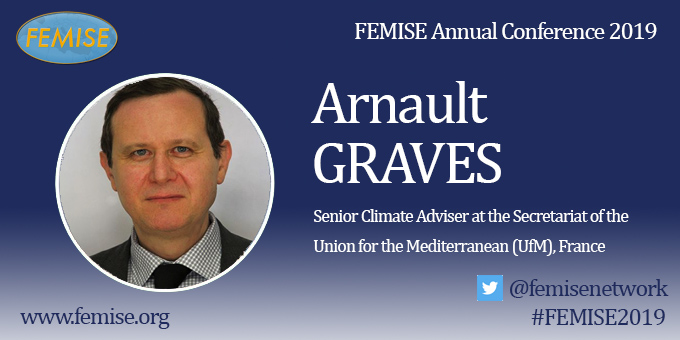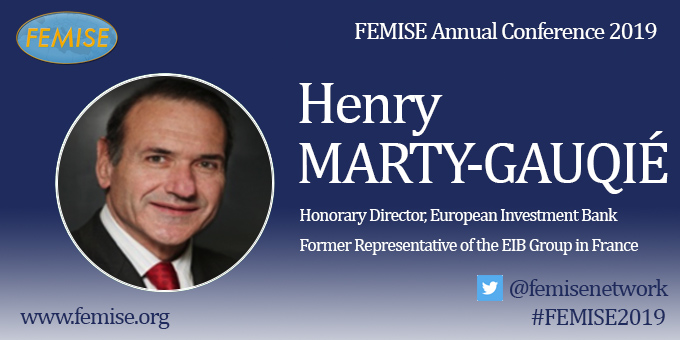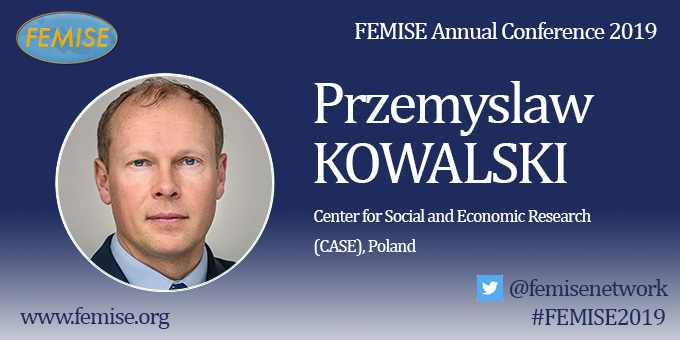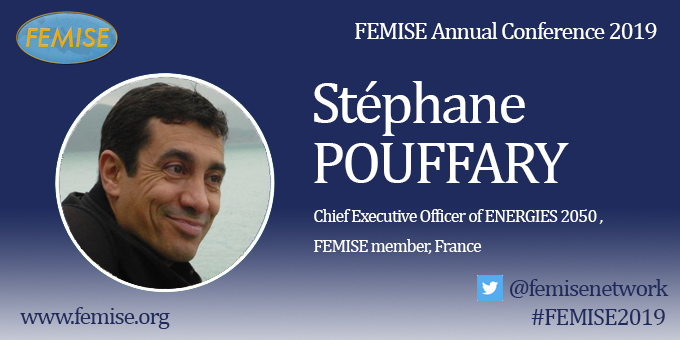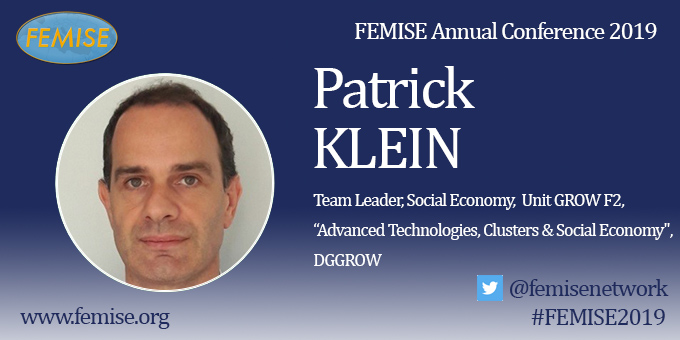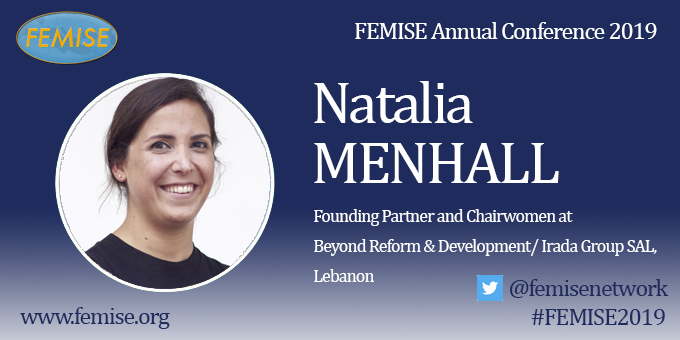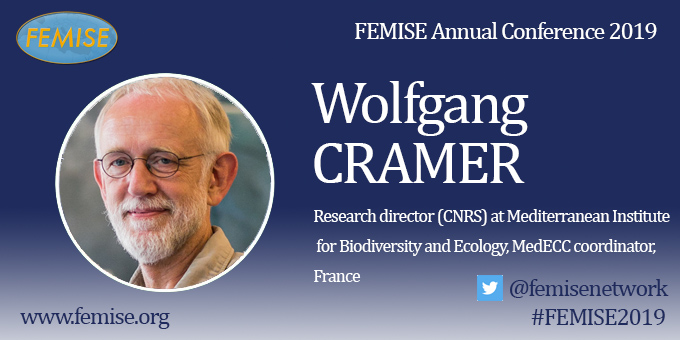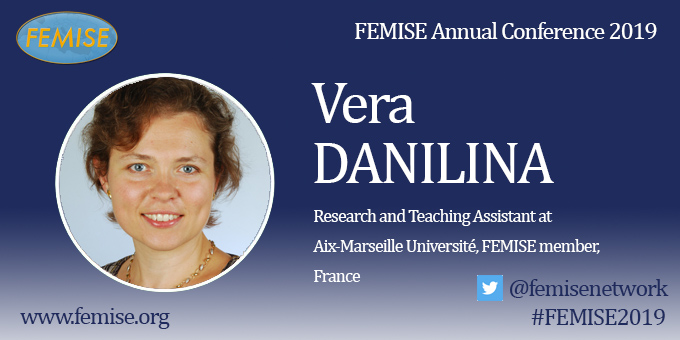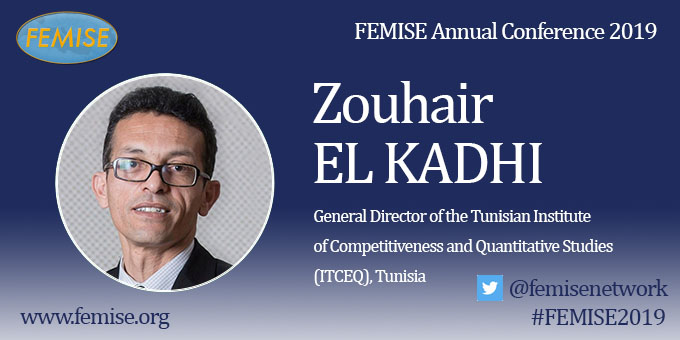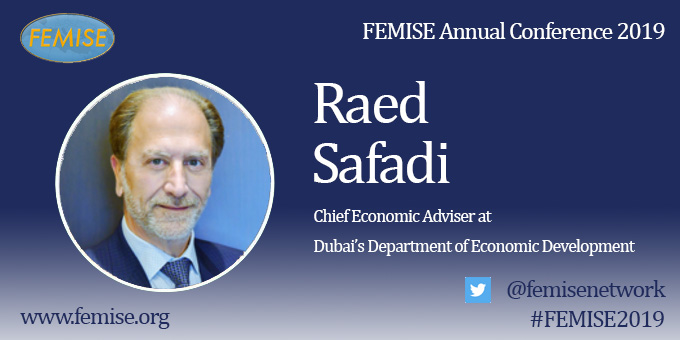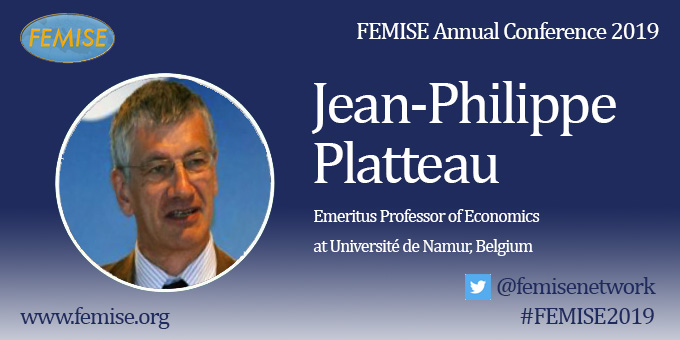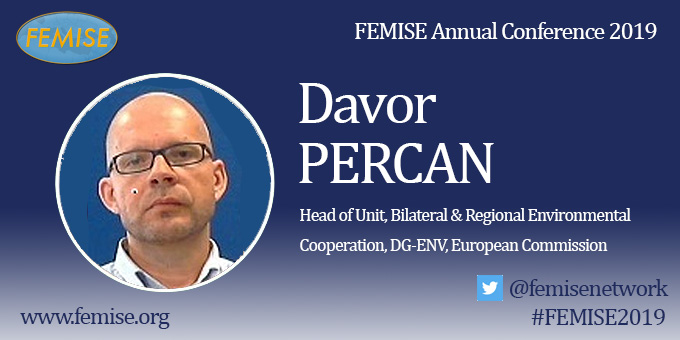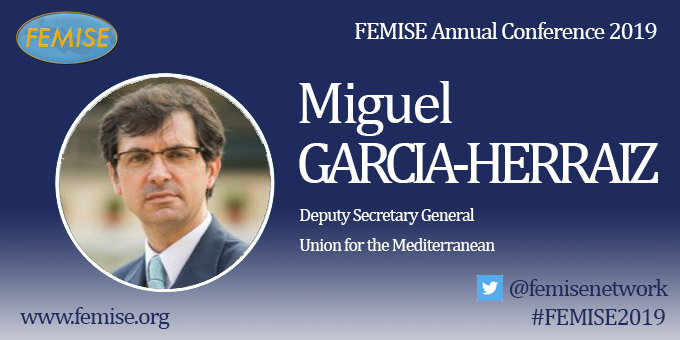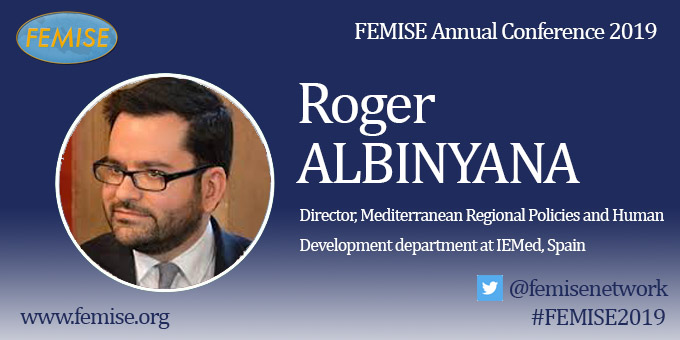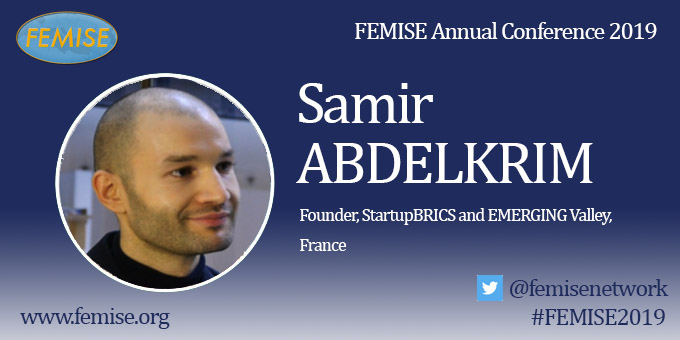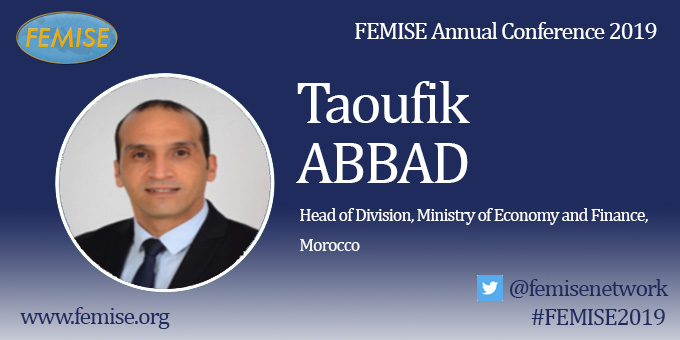More than twenty countries celebrate the International Day of Universal Access to Information on 28 September. Focus on the action of the FEMISE network, which aims to promote access to information for citizens and decision-makers in the Mediterranean countries.
Work for positive social change
The objective: to provide information to citizens and decision-makers in the countries of the region and thus promote sustainable and inclusive development. “Access to information is crucial in the Mediterranean to try to reach more inclusive societies. FEMISE is addressing these issues to try to influence policy makers, “says Charlotte François, from Clermont-Auvergne University.
“Making information public and sharing it with others provides a better mechanism for monitoring and reporting, as well as better sharing of experiences and sharing of lessons learned,” says Karine Moukaddem, Policy Intern at Union for the Mediterranean and associate researcher at FEMISE.
Information is a crucial issue for democracy, since it requires decision-makers to be accountable. Transparency that can work for positive social change and help develop the countries of the region.
Because, as Karine Moukaddem concludes, “access to information is the key to improving and optimizing political practices“.
Article produced in partnership with EcomNews Med


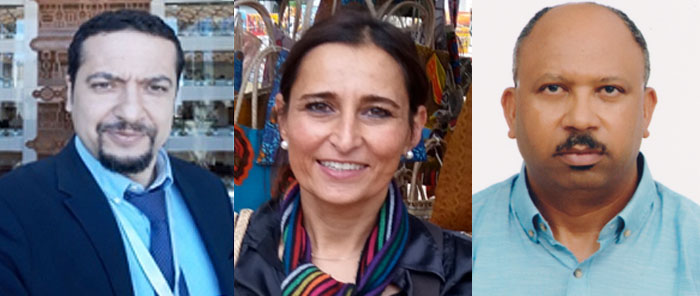
 The policy brief has been produced with the financial assistance of the European Union within the context of the FEMISE program. The contents of this document are the sole responsibility of the authors and can under no circumstances be regarded as reflecting the position of the European Union
The policy brief has been produced with the financial assistance of the European Union within the context of the FEMISE program. The contents of this document are the sole responsibility of the authors and can under no circumstances be regarded as reflecting the position of the European Union


